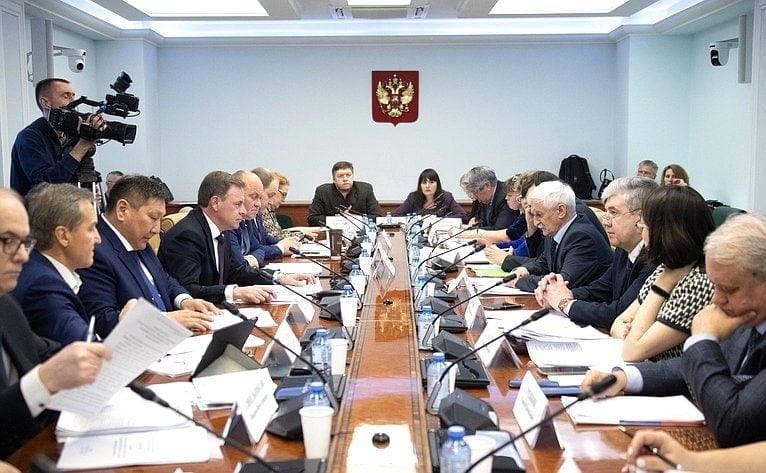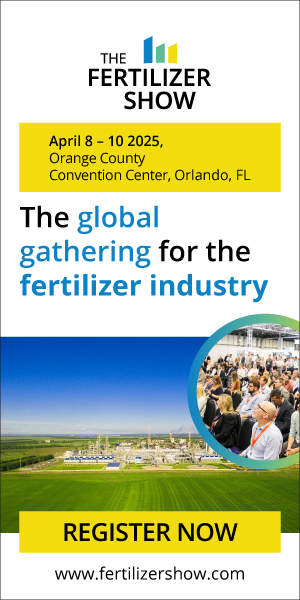Russian agriculture feels need for organic fertilizers

Viktor Novozhilov, member of the Federation Council Committee on Agriculture and Food Policy and Environmental Management, has held a meeting on the topic “Improving State Regulation of Livestock Waste Management.”
As the legislator noted, the development of domestic agricultural production largely depends on the solution of this issue.
“The lack of an effective solution to problems in the field of state regulation of livestock waste management significantly jeopardize fulfilling the task set by the President of Russia to create a high-performance export-oriented agribusiness,” Viktor Novozhilov said.
“Organic fertilizers based on manure and litter play an important role in the economy of agricultural producers, as well as of the Russian agriculture as a whole, helping to increase its fertility and recovery. At the same time, one of the acute problems of modern agriculture is the extremely low use of mineral and organic fertilizers,” the legislator emphasized.
Mr. Novozhilov further explained that in the arable soils of the country over the past years, a negative balance of the main nutrients and humus has been observed. In Russia over the past 30 years, the use of organic fertilizers in agricultural organizations has been reduced by six times. “In 2018, they were used on 9.4% of the cropped area, but the average dose at which organic fertilizers are applied, compared with 1990, decreased from 45 to 14 tons per 1 ha. In general, the level of application of organic fertilizers in agricultural organizations of the Russian Federation is low and insufficient to restore and improve the fertility of arable soils,” said Viktor Novozhilov.
In this regard, he drew attention to the fact that Russian legislation in the field of animal and poultry waste management, as well as in the field of the safe handling pesticides and agrochemicals, sets significant and excessive administrative barriers that impede the development of livestock farming and reduce competitive performance of the farms in the domestic and foreign markets.
Viktor Novozhilov referred to expert estimates, according to which the minimum cost of services to support the State Environmental Review, of obtaining a waste management license and of the state registration of an agrochemical is 1.9 million rubles (more than $ 26.5 thousand). “Such costs are often beyond the power of small and medium-sized agricultural producers,” Mr Novozhilov confirmed.
The legislator also identified a number of tasks that need to be addressed. Among the tasks, promotion of the construction of livestock waste-handling facilities, improvement of the accounting and reporting on the use of organic fertilizers in agricultural enterprises, together with government support measures to reimburse part of the costs incurred to purchase equipment for the collection, storage and processing of waste were mentioned.
Enjoyed this story?
Every Monday, our subscribers get their hands on a digest of the most trending agriculture news. You can join them too!















Discussion0 comments